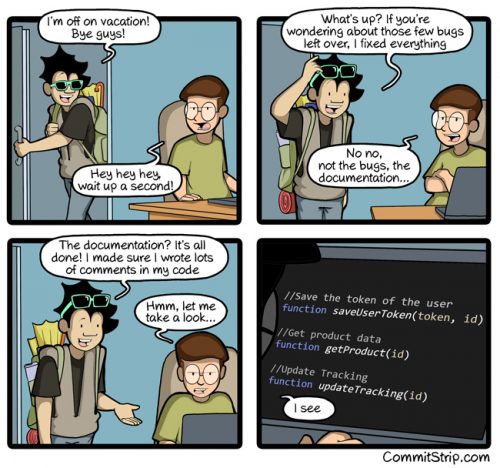SysAdvent runs a blog post about Operations (in IT sense of a word), explaining what the department (hopefully it’s a department and not a single guy who doesn’t remember the meaning of the word “sleep”) does, and how the job complexity silently escalates with time.
An operations team, almost by definition, focuses on the steady-state “run” of whatever that team is responsible for … well, operating. This could be an electrical plant, an HR department, or an IT operations team; anything which needs to function day-in and day-out, reliably and without fuss. Those things the rest of us assume “just work”.
But just because we don’t notice doesn’t mean there isn’t anything happening. Much like an iceberg, where 90% of its mass sits below the waterline, nobody outside the team is aware of what the team actually does in order to make sure everything “just works”.
Anybody who’s been involved in Operations, at some point goes through this bit:
We can see how Oscar’s responsibilities grew over just two years. At first, it was just 6–8 laptops, office wifi, and a third-party office solution. Then it’s a cobbled-together server. Then development environments. Within a year, it’s 20 laptops, two application environments in the cloud, monitoring, alerting, and backups. After another 12 months, it’s a dozen third-party services, 40 laptops, 2 team members, offboarding processes, and monthly security audits.
Over beers one evening, Oscar makes the comment to a teammate that even he didn’t understand just how profoundly the company depended on the operations team; how much impact his work had on everyone else’s ability to do their jobs.
This blog post actually goes well with the one I am planning to write shortly about software features being like babies. Stay tuned.

